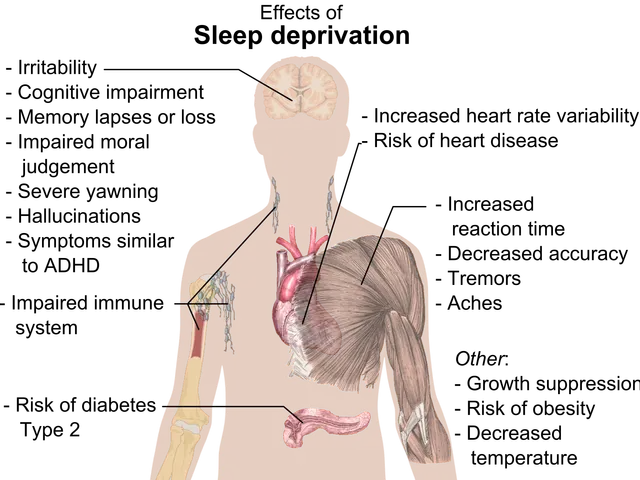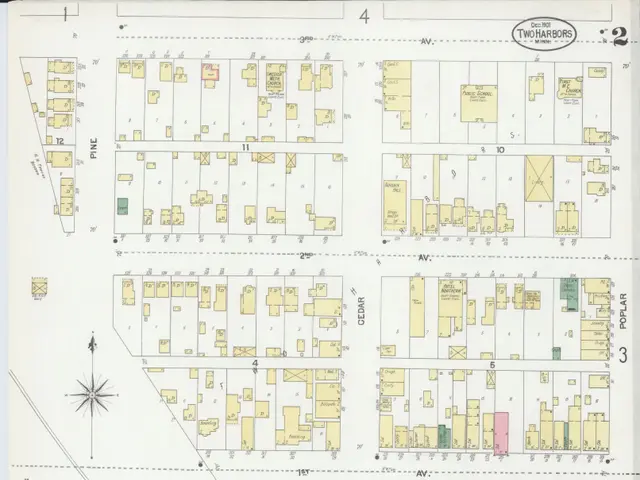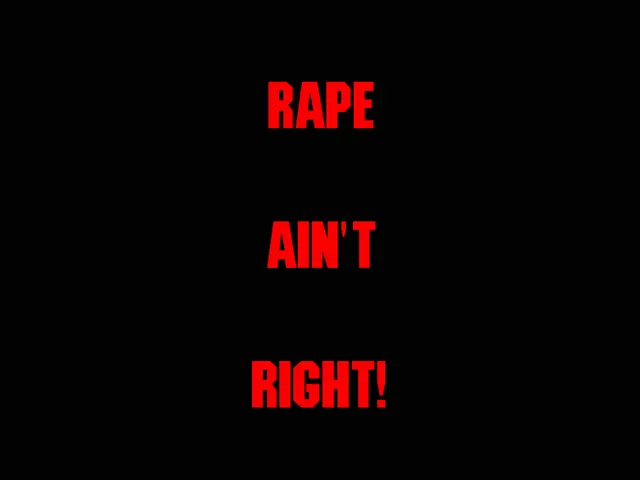Reflection of the Wisdom Seeker
In the realm of thought and ideas, the philosopher stands as a beacon of curiosity and critical thinking. Her pursuit of truth and meaning is not just a profession but a calling, a lifelong journey driven by a profound desire for freedom.
This freedom, for the philosopher, is synonymous with the truth she seeks. It liberates her from the shackles of religious, cultural, and intellectual bondage, offering a path to enlightenment and self-discovery.
The philosopher finds motivation and joy in the very essence of freedom – freedom of thought and expression. These fundamental rights allow her to question, challenge, and reflect on the world around her, even when it means going against the grain.
However, this quest is not without its sorrows. The philosopher often mourns the prevalence of falsehood and injustice in society, lamenting the folly and selfishness of humanity. Yet, she finds solace in the ability to freely express herself, even when doing so brings pain.
The philosopher's work often stirs controversy, as her thoughts often challenge ideas and customs that regulate the behavior of those around her. This can make it difficult for her to hide her differences, but she perseveres, driven by her love for truth and ideas.
Philosophy, at its core, is a critical and creative reflection on life in its totality. It originates from human curiosity, a natural instinct present in every child, and evolves as individuals mature. Unfortunately, as we grow, culture and religion often suppress our questioning nature, stifling the philosopher's spirit within us.
Simone Weil's life serves as a testament to this. Her philosophical inquiry was deeply intertwined with her personal experiences, suggesting that knowledge arises not just from abstract thought, but from suffering and lived reality as well.
The philosopher's convictions about the rightness of her own reasoning often lead her to stand up for truth, even if it means betraying her differences by silence if she is not permitted to express herself freely. This is a testament to her wisdom, gained not through mere book learning, but through reason and understanding.
In conclusion, the philosopher's motivation is a complex interplay of a quest for truth as freedom, a critical and creative engagement with ideas beyond societal norms, deep personal reflection, and often a sense of mourning for human failings uncovered by this insight. She is a seeker of truth, a lover of ideas, and a beacon of freedom in a world often shrouded by ignorance and selfishness.
Environmental science can provide insightful analysis on the evolving health-and-wellness trends, examining the mental health impacts of outdoor activities and exposure to nature. This research could potentially lead to effective health-and-wellness strategies that embrace freedom of speech to advocate for mental health initiatives and promote awareness about mental health issues. Conversely, the suppression of free thought and expression in this field might hinder the exploration of innovative solutions for improving mental health, hindering the overall advancement of health-and-wellness.





